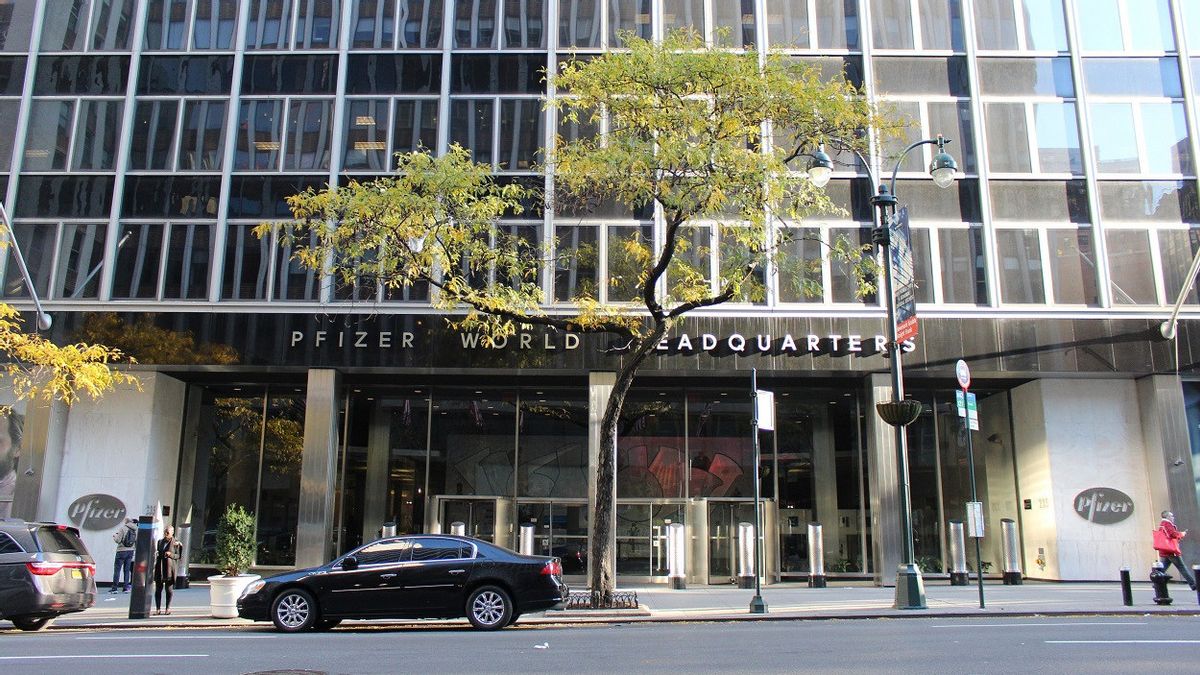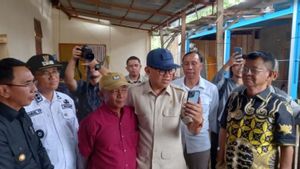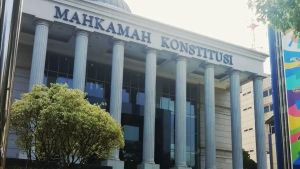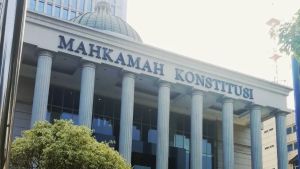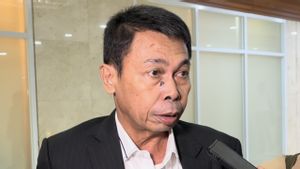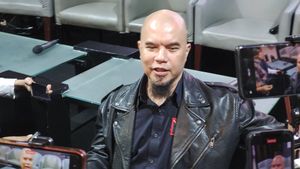JAKARTA - Pharmaceutical giant Pfizer Inc. plans to sell all of its patented drugs, including the COVID-19 treatment Paxlovid, Ibrance's best-selling breast cancer fiber, at non-profit or affordable prices to the world's 45 poorest countries.
These countries do not have good access to innovative treatments. It can take four to seven years longer for new treatments to become available in low-income countries, according to the Bill & Melinda Gates Foundation.
Pfizer said its plans include 23 wholly owned and patented drugs and vaccines to treat infectious diseases, certain cancers, as well as rare and inflammatory diseases.
In addition to Paxlovid and Ibrance, the list includes the pneumonia vaccine Prevnar 13, the rheumatoid arthritis drug Xeljanz, to drugs for cancer treatments Xalkori and Inlyta.
Not only that, the COVID-19 vaccine developed by Comirnaty with BioNTech SE is also on the list.
Chief Executive Albert Bourla said in an interview that all available drugs should be used.
"But obviously (Paxlovid's) antivirus is going to be a very big problem for them, if they need it, they can get it right away," he said.
When Pfizer launches new drugs and vaccines, they will also be included in the drug portfolio at a non-profit price, he continued.
The 27 low-income and 18 low-income countries included in what Pfizer calls the Deal for a Healthier World, cover much of Africa and much of Southeast Asia.
Five countries, Rwanda, Ghana, Malawi, Senegal and Uganda, have committed to join the agreement, which was announced at the World Economic Forum in Davos.
Pfizer has been criticized for the way it rolls out its COVID-19 vaccine, with some poor countries waiting months after the earliest doses arrive in rich countries.
Bourla said the new deal was informed by the difficulties of the rollout, particularly the lack of health infrastructure in some countries which made distribution of the vaccine difficult.
"Instead of washing our hands and saying, 'I'm giving you the product, do whatever you want with them,' we're saying, 'We're going to give you the product and we're going to sit down with you to see how we can help set it up. take advantage of it,'" Bourla said.
Separately, Malawian President Lazarus Chakwera said in a statement the deal would allow countries and drugmakers to share "the burden of costs and duties in the production and delivery of supplies that will save millions of lives."
The English, Chinese, Japanese, Arabic, and French versions are automatically generated by the AI. So there may still be inaccuracies in translating, please always see Indonesian as our main language. (system supported by DigitalSiber.id)
